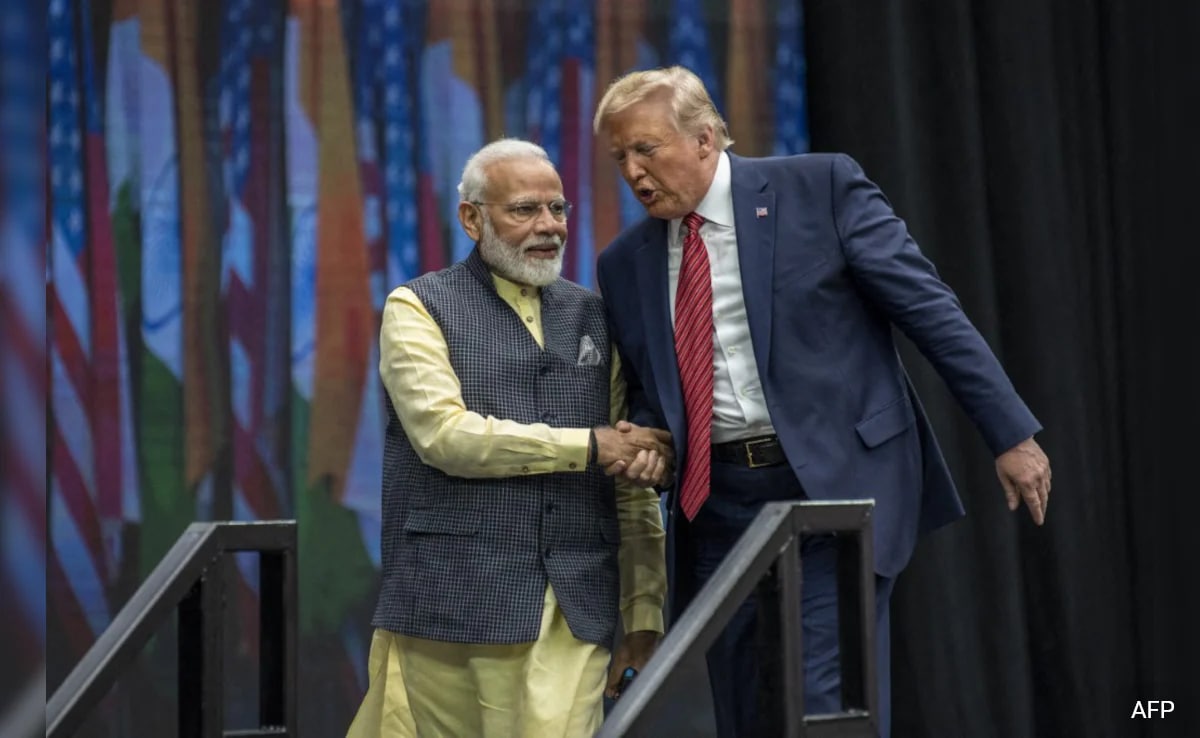The variant, known as B.1.1.529, was first detected in Botswana, but scientists in South Africa convened a news conference Thursday and said they had linked it to an exponential rise of infections in their country. Cases have also been identified in Hong Kong and Belgium.
By the next morning, the Dow Jones industrial average plunged about 800 points or 2.2 percent, the S&P 500 index fell 1.5 percent, and the Nasdaq composite index was off 1.1 percent. Crude oil prices tumbled as well.
France, Britain, Japan and Israel began to ban or order quarantines for air passengers arriving from the southern African region. The European Union is also expected to also propose a ban on air travel arriving from southern Africa.
“Our view is very clear,” Dana Spinant, deputy chief spokeswoman for the European Commission, said at a news conference Friday. “We need to act very fast, we need to be vigilant, and we need to take all measures that are appropriate at this stage to prevent this virus from entering Europe.”
Anthony S. Fauci, the top U.S. infectious-disease official, said banning flights to the United States from southern Africa is a “possibility,” but that a decision has not been made yet.
“There is always the possibility of doing what the U.K. has done, namely block travel from South Africa and related countries,” Fauci said Friday morning in an interview on CNN. “That’s certainly something you think about and get prepared to do … But you want to make sure there’s a basis for doing that.”
Top South African health officials said they began researching the possibility of a new variant when they discovered a fast-growing cluster of cases in Gauteng, the country’s biggest province. Officials said they do not yet know where it originated.
“Unfortunately, we have now detected a new variant, which is a reason for concern in South Africa. What we have done is to act very quick,” Tulio de Oliveira, a scientist in South Africa, said at the news conference. “We are trying to identify what we are facing. The main message today is that we have to know the enemy that we fight.”
Even before the latest variant emerged, Europe was already applying new lockdowns and travel restrictions for unvaccinated residents in an attempt to contain a surge in coronavirus cases. Reported deaths in Europe reached nearly 4,200 a day last week — twice the number since the end of September, according to the World Health Organization, which counts 53 countries as part of its European region.
The WHO said it is monitoring the new variant but still does not know much about it.
If the international health group determines that it is a variant of concern, it will give it a Greek-letter name, such as the delta variant, which was first detected in India and soon spread all over the world.
It said it would advise countries on actions they should take after scientists convene Friday.
“At this point, implementing travel measures is being cautioned against,” WHO spokesman Christian Lindmeier told a briefing in Geneva, according to Reuters. “The WHO recommends that countries continue to apply a risk-based and scientific approach when implementing travel measures.”
Yet that is exactly what many countries are doing. Starting Friday, non-British citizens will be banned from entering the U.K if they have been in Namibia, Lesotho, Botswana, Eswatini, Zimbabwe and South Africain the past 10 days.
British and Irish residents who have traveled in those countries in the last 10 days will have to quarantine in a hotel upon arrival in Britain.
The South African government derided the Britain’s ban as rushed, saying officials should have waited until the WHO made its recommendations
“Our immediate concern is the damage that this decision will cause to both the tourism industries and businesses of both countries,” Naledi Pando, South Africa’s foreign minister, said in a statement.
The number of mutations of the new variant and their location have scientists on high alert, fearful that the changes could make the new strain more resistant to vaccines, more transmissible or cause more serious illness in more people.
“This new variant of the covid-19 virus is very worrying. It is the most heavily mutated version of the virus we have seen to date,” Lawrence Young, a virologist at Warwick Medical School in Britain, told science journalists. “This variant carries some changes we’ve seen previously in other variants but never all together in one virus. It also has novel mutations that we’ve not seen before.”
He said that while it was only present at relatively low levels in South Afirca, it appeared to be spreading rapidly.
Hopkins, one of Britain’s top chief medical advisers, told BBC Radio that South Africa had a very low level of cases at one point and then “in a shorter period than two weeks they have more than doubled their epidemiology picture.”
Britain maintains a world-class system of laboratories to detect and study the genomes of coronavirus variants and modeling groups that forecast potential spread. The southern African strain has not been found in Britain yet.
British Transport Secretary Grant Shapps said there are no immediate plans for more restrictive measures inside the country.
“We want the economy to be able to flourish. We want people to be able to go about their business, see their friends and family. So we’re trying to operate as permissive an atmosphere as possible but, of course, we’re keeping a very close eye on this all the time,” Shapps told Sky News.
Israel imposed a travel ban covering most of Africa after the detection of the new variant, according to Reuters. “We are currently on the verge of a state of emergency,” Israeli Prime Minister Naftali Bennett said.
In Japan, travelers arriving from the six African countries will need to quarantine at designated accommodation facilities for 10 days beginning Saturday, rather than quarantining at home, Chief Cabinet Secretary Hirokazu Matsuno announced Friday evening.
India on Thursday alerted all states to the new variant, advising them to test and screen everyone traveling from and transiting through the “at-risk” countries of South Africa, Botswana and Hong Kong. India earlier this month had opened its borders to vaccinated international travelers after more than a year and a half.
Michelle Lee in Seoul, Niha Masih in New Delhi and William Branigin in Washington contributed to this report.
.png)











 English (United States) ·
English (United States) ·  Turkish (Turkey) ·
Turkish (Turkey) ·